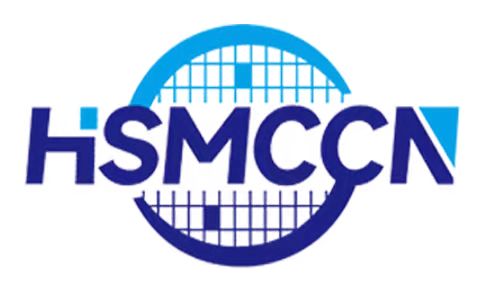
Privacy statement: Your privacy is very important to Us. Our company promises not to disclose your personal information to any external company with out your explicit permission.

In today's society, the leather goods industry is undergoing an unprecedented transformation. Rapid technological advancements and increasing environmental awareness have brought new opportunities for growth to the leather goods industry. From the rise of smart leather goods to the widespread use of environmentally friendly materials, and the comprehensive upgrading of brands, the leather goods industry is entering a new era filled with innovation and challenges.
The emergence of smart leather goods is undoubtedly a highlight of this transformation. With the continuous development of technologies such as the Internet of Things, big data, and artificial intelligence, smart leather goods are no longer a distant dream. Nowadays, consumers can own leather goods products with functions such as smart payments, health monitoring, and intelligent recognition. These features not only greatly facilitate people's lives but also bring new business opportunities to leather goods manufacturers. Through close cooperation with technology companies, leather goods manufacturers can integrate the latest technologies into product design, creating unique and competitive smart leather goods.
Meanwhile, the concept of environmental protection has also received increasing attention in the leather goods industry. As consumers become more environmentally aware, the use of environmentally friendly materials in leather goods production has become an industry consensus. The widespread application of natural leather and recycled materials not only benefits the environment but also enhances brand images and wins recognition from consumers. In addition, optimizing production processes, reducing energy consumption and emissions, and achieving green production are also important tasks for leather goods manufacturers.
Apart from the trends of smartness and environmental protection, the comprehensive upgrading of brands is also a development direction that cannot be ignored in the leather goods industry. In the fierce market competition, the value of brands is becoming increasingly prominent. Leather goods manufacturers need to focus on the integration of quality and culture, enhancing the competitiveness and influence of their brands by improving product quality and creating unique brand cultures. At the same time, companies also need to strengthen brand marketing, improving brand awareness and reputation, to stand out in the market.
In this transformation, many leather goods manufacturers have begun active exploration and practice. Guangzhou Shiling Town, renowned as the "Capital of Leather Goods in China," is accelerating the popularization and application of digitization in the luggage and leather goods industry. By supporting the construction of industrial internet platforms and innovating supply chain models, leather goods manufacturers in Shiling Town are undergoing digital transformation. This transformation not only improves production efficiency and reduces costs but also brings more business opportunities to enterprises.
In addition, some regions have established "cloud platforms" for the industrial chain, providing leather goods companies with more convenient and efficient opportunities for cooperation and exchange. This platform-based operating model enables leather goods manufacturers to better integrate resources, achieve complementary advantages, and jointly promote industry development.
However, the transformation of the leather goods industry also faces some challenges. With the intensification of market competition, companies need to continuously innovate and enhance the added value and competitiveness of their products. At the same time, increasingly strict environmental regulations also require companies to pay more attention to environmental protection and sustainable development during the production process. Furthermore, brand building and marketing also require companies to invest more energy and resources.
Despite these challenges, the future of the leather goods industry remains hopeful. As consumers' demands for quality, environmental protection, and technology continue to increase, leather goods manufacturers need to keep up with the times, continuously innovate and develop to adapt to market demands and changes. By strengthening efforts in technological innovation, environmental protection, and brand building, the leather goods industry will embrace a brighter future.
In summary, the leather goods industry is undergoing a transformation driven by technology, environmental protection, and branding. In this transformation, companies need to keep up with the times, continuously innovate and develop to meet market demands and changes. At the same time, the government and various sectors of society also need to provide more support and attention to leather goods manufacturers to jointly promote the healthy development of the industry.

Privacy statement: Your privacy is very important to Us. Our company promises not to disclose your personal information to any external company with out your explicit permission.

Fill in more information so that we can get in touch with you faster
Privacy statement: Your privacy is very important to Us. Our company promises not to disclose your personal information to any external company with out your explicit permission.